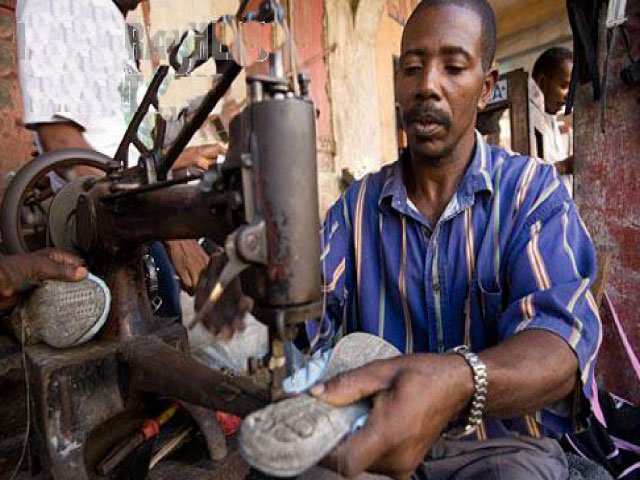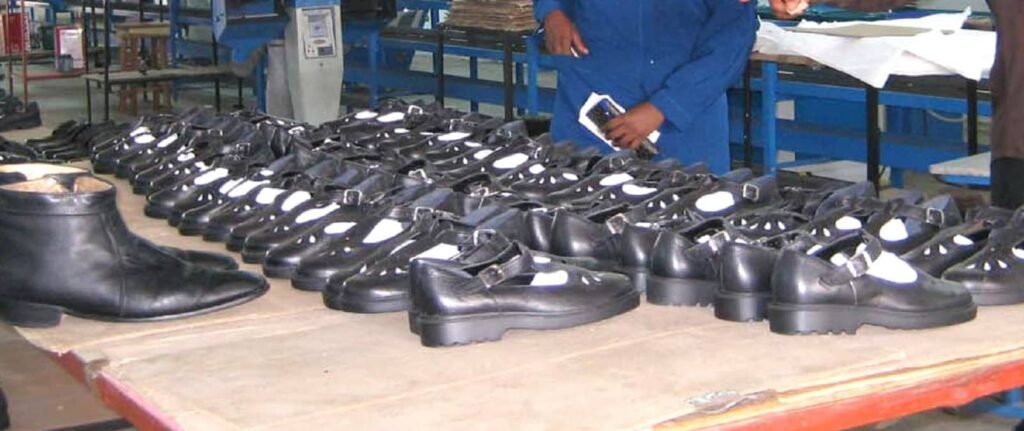Over the years, Africa has been known to be the dumping ground for other countries’ products, which can be traced to the fact that Africans prefer to use than to create them. But as time progressed, things begin to change, and many Africans started making their products. Creating their products such as shoes, bags, and even some heavy machines such as cars became rampant, but the problem was making Africans patronize their goods.
The sole reason why the initiative started making their product was to help the country generate funds through export and stop the excess importation of foreign goods. But these Africans have refused to patronize their products. We will be taking a case study of the said giant of Africa, which is Nigeria.

We will try to see the products produced in Nigeria, why they are made, answer the question of Nigerians patronising them or not, if yes, why and if no, why as well. Nigeria was among the countries that import foreign products the most, so finding a solution was significant.
Why did Nigeria Ventured into Making Locally Made Products?
Nigeria is known as the giant of Africa, and as such, what the country does affects the countries in Africa. One African leader once said if Nigeria sneezes, Africa will catch a cold, and another person also said the day Nigeria wakes up from her slumber, the voice of Africa will be heard in the whole world. Judging from the statement, it is clear that the country has to stand up not just for herself but also for the sake of the other countries around.
Nigeria started the production of goods to help replace the ones they are importing. Now, what are the products Nigeria was importing? They were importing rice, clothes, shoes, bags, cars, and so on. The Nigerian government got very concerned and worried when they discovered the country was importing everything importable, no matter how small. They were importing matchboxes, toothpicks, and all the likes, which means Nigeria was the dumping ground we earlier talked about.

The government decided to encourage her citizens to start producing her product to stop or reduce importation and encourage exportation. The citizens of the country bought the idea and started making their products. These citizens became too good in the production that you can hardly differentiate their work from imported ones.
What Are the Locally Made Products we Produce?
To help transit the country from major importing country to major exporting nation, they started producing the same thing the country was importing, and what were they importing? Shoes, bags, cars, rice, clothes and even phones. These citizens started producing all these products in bulk enough to go round the country and export, but it did not go well.
When one talks of goods production in Nigeria, the place that comes to mind is the indigenous people of Aba, there is a market in the eastern part of the country called Aba market. There is virtually nothing that can be produced that is not made in that place.
They have a variety of products which they produce on a daily purposely for export but never exported. These goods are not shipped because of some reasons, of which they can be traced to both the producers and the government as well. It is a two-way thing. On the part of the producers, they produce everything and most times, they have not been supervised, and so they are more fake in the market, which is not fit to be exported.

On the other hand, the government has failed to regulate delegate persons who will supervise and ensure the goods these people are producing meets the world’s standard. It became terrible that even the ones making the standard goods are not recognized because everyone is now forced to believe they are fake.
Some time ago, a Nigerian started the production of cars, and it was advised that since the vehicles are locally made, to help boost the acceptability by the general public. Every government official in a high place like in the senate-house and also ministers should drive the cars, but they refused, and so the general public also felt bad accepting what their ladies do not trust.
The issue of government officials patronizing locally made goods has become the most significant issue now. They advise the masses to buy locally made products while they run away from them. They encourage the people to buy and local rice, but none of them eats the local rice, and the same goes for other products.

According to research, imports to Nigeria surged 45.8 per cent from a year earlier to NGN 1042 billion in June 2019, boosted by purchases of manufactured goods (100.5 per cent); raw materials (38.5 per cent); agricultural goods (1.6 per cent) and solid minerals (86.9 per cent). Among major import partners, purchases mainly rose from China (78.7%), India (70.2%), Japan (92.2%) and the US (181.6 per cent); but fell from the Netherlands (-23.1%) and Spain (-34.6%).
Imports in Nigeria averaged 234304.14 NGN Millions from 1981 until 2019, reaching an all-time high of 2209385.78 NGN Millions in August of 2018 and a record low of 167.88 NGN Millions in May of 1984.
Why Locally Made Products in Nigeria are Suffering
The following reasons are the few reasons why locally made products in Nigeria are dying
Corruption
This is one of the biggest problems the country is facing. A recent poll conducted by NOIPolls, and LEAP Africa revealed that 85% of adult Nigerians believe that the consistent increase in corruption is responsible for the backward movement of business in the country.
Reasons why corruption is on the increase in the country can be traced to weak government institutions (24%) and poverty (18%). Well-connected business people gain from anti-competitive practices that shield Nigeria from market forces.
Power Supply
A lack of a consistent power supply costs businesses and the economy a whole lot. Even with access to energy, unreliable power makes operating a business in the country very difficult. Nigerian business and manufacturing enterprises experience power outages. As a result, firms lose sales revenues in the informal sector.
Selling Platforms
The average size and even large size Nigerian business rely on the facial selling pattern where the goods are bought at a cash rate during market sessions. The whole world is leveraging different marketing strategies to help boost its business presence. Unfortunately, many SMEs who are into the production of made in Nigerian goods are yet to catch the cruise.

